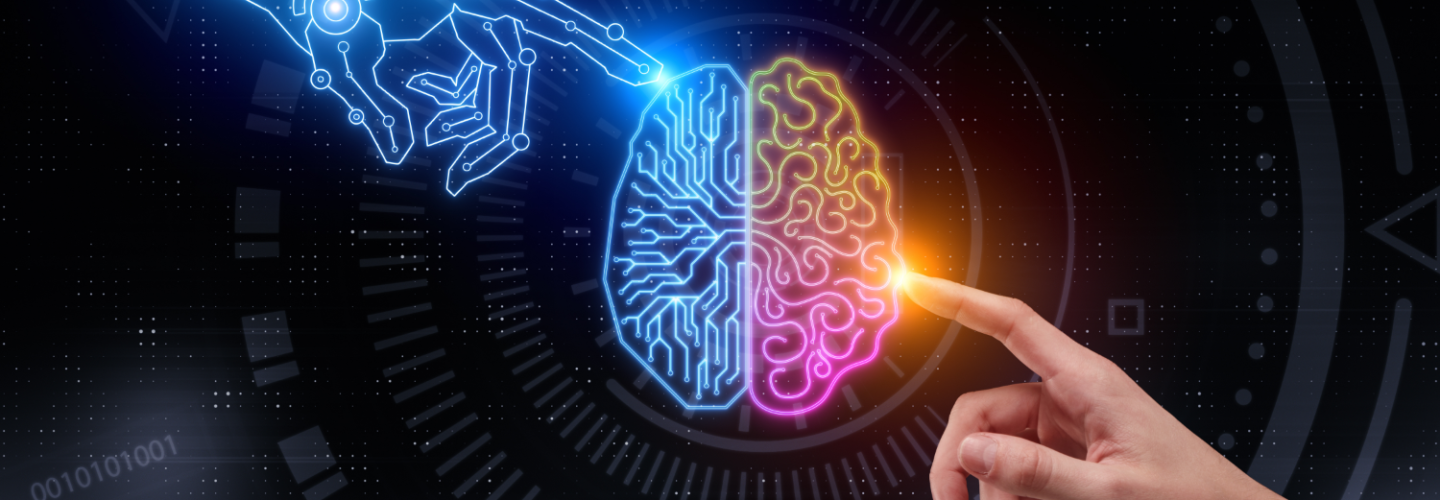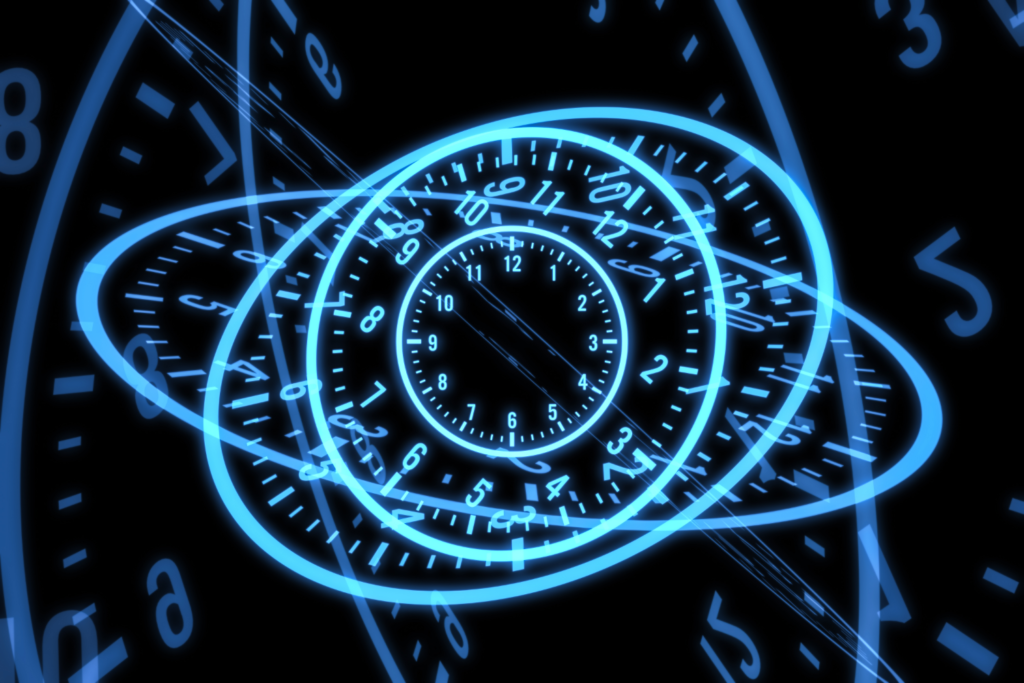Five Marketing Predictions for 2025
Jan 2, 2025By this point, most marketers have become accustomed to the never ending whirlwind of change and evolution in the digital…

The advancement and increasingly regular use of artificial intelligence is in and of itself considered to be futuristic but believe it or not, what we are seeing now is only the start.
Regarded by the experts as the future of AI, AGI (artificial general intelligence) continues to divide opinion.
So with that in mind, let’s take a deeper look at what exactly AGI is and what impact it could have if it eventually comes to fruition.
AGI can be difficult to define, primarily because we don’t fully understand what form this technology will take.
However there are certain criteria that would need to be met in order for a form of machine intelligence to be deemed as displaying true AGI.
Essentially, the idea behind AGI is that it will one day be capable of not just replicating but actually out performing human cognition. Current AI is excellent at performing the task or tasks that it is trained on, whereas AGI would be able to take on any problem, using its unparalleled access to data as well as past knowledge and experiences to make decisions in the same way a human would.
Also known as strong or deep AI, the development of AGI is no easy feat. Developers would need to create an artificial intelligence that is fully conscious, capable of exhibiting common sense, emotions and contextual awareness.
In all honesty, it depends on who you ask.
There are those that believe we are only a few short years away from achieving true AGI and on the opposite side of the fence there are some that think it could take several decades to develop.
Currently, there are no forms of AGI in existence, whilst the likes of GPT-4 and Google’s Deep Mind continue to lead the way in terms of being the most advanced AI systems available to the public, neither are even close to displaying human-like levels of independent thinking.
Previously, attempts at AGI have been made, even using the world’s fastest supercomputers such as the Fujitsu-built K which took 40 minutes to simulate just one second of neural activity. These results serve to exacerbate just how monumental the task of creating AGI really is.
It is worth noting though that earlier forms of AI have all been produced and successfully tested way ahead of when they were initially predicted, so who knows? Maybe AGI will arrive sooner than we think.

Elon Musk, Stephen Hawking and Sam Altman are just some of the big names to come out and voice warnings regarding the possible dangers of AGI development.
There are in fact calls for government intervention to regulate the advancement of AGI due to fears of the potential societal impacts it could have.
Issues such as privacy concerns and job displacement are amongst the most frequently discussed but some of the warnings about AGI go far beyond that.
Leaders within the industry of AI have actually come out and expressed concerns about the possibility of creating a self-aware AGI that we have no control over.
Whilst we have seen exactly that circumstance happen time and time again in science fiction movies, the lack of human influence in future iterations of artificial intelligence is now a genuine problem for those developing it to consider.
This is where the proposed regulations come into play, whilst there are plenty of benefits to AI systems, regulating its future advancement has become a major focus for many countries, the U.S. and the EU for example are actively creating more measures to limit the spread of AI.
The aim is to create standards that cover the AI industry as a whole, however this could be tricky to implement. International collaboration would be essential in developing processes that carefully monitor algorithms and determine what is acceptable and what isn’t.
As well as calls for regulations, an open letter was penned by the Future of Life Institution calling for an outright halt on AI development for a minimum of 6 months to allow for improvements in existing systems of AI monitoring, and with the signatures of over 1000 AI experts, the letter certainly isn’t without supporters.
It is worth considering however that AGI is often dubbed as the holy grail of artificial intelligence, meaning that the same AI companies that are expressing concerns about its uncontrolled development, are at the same time embroiled in a race to be the first to achieve successful AGI.
So where does the line really get drawn?

So as we’ve gathered AGI isn’t without controversy.
Whilst the potential negative implications of AGI are definitely worrying, the potential positive impacts shouldn’t be ignored.
If AGI can be truly understood and developed to be reliable, accurate and safe then there is no limit to how far it could propel civilization.
Handled properly, AGI could usher in an era of unprecedented advancement in human capabilities, revolutionising science and technology as we know it, allowing us to tackle the most difficult problems faced by humanity such as climate change, poverty and even disease.
In summary, the creation of artificial general intelligence is as Mr Musk himself put it “the best or worst thing ever for humanity.”
So now … we wait.

By this point, most marketers have become accustomed to the never ending whirlwind of change and evolution in the digital…

Case studies are a great tool for social media marketing. They showcase real results, build trust with potential customers and…

PPC advertising is one of the most effective ways to put your business in front of the right audience at…

Email marketing continues to be a vital tool for businesses to connect with their audiences, but the landscape in 2025…